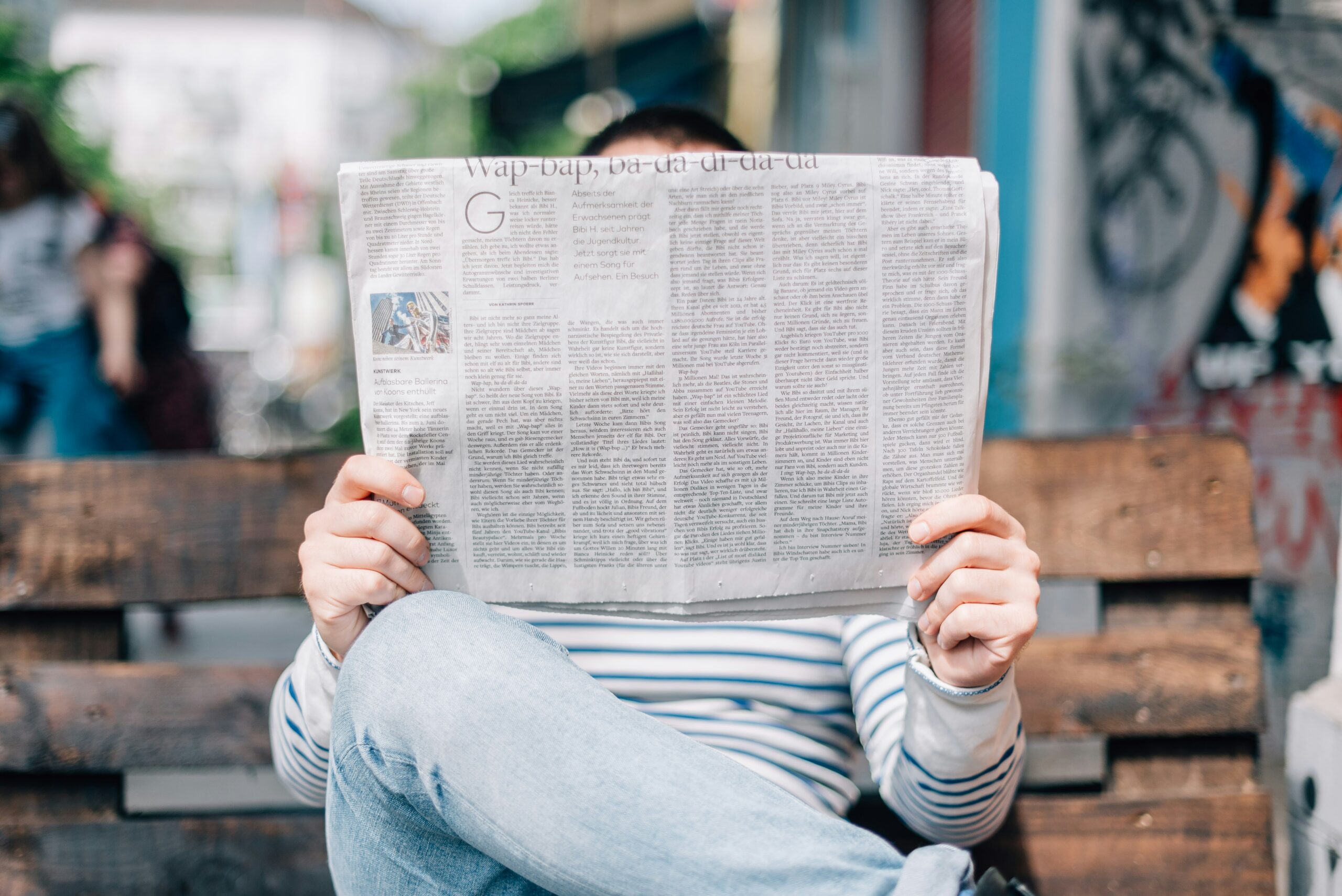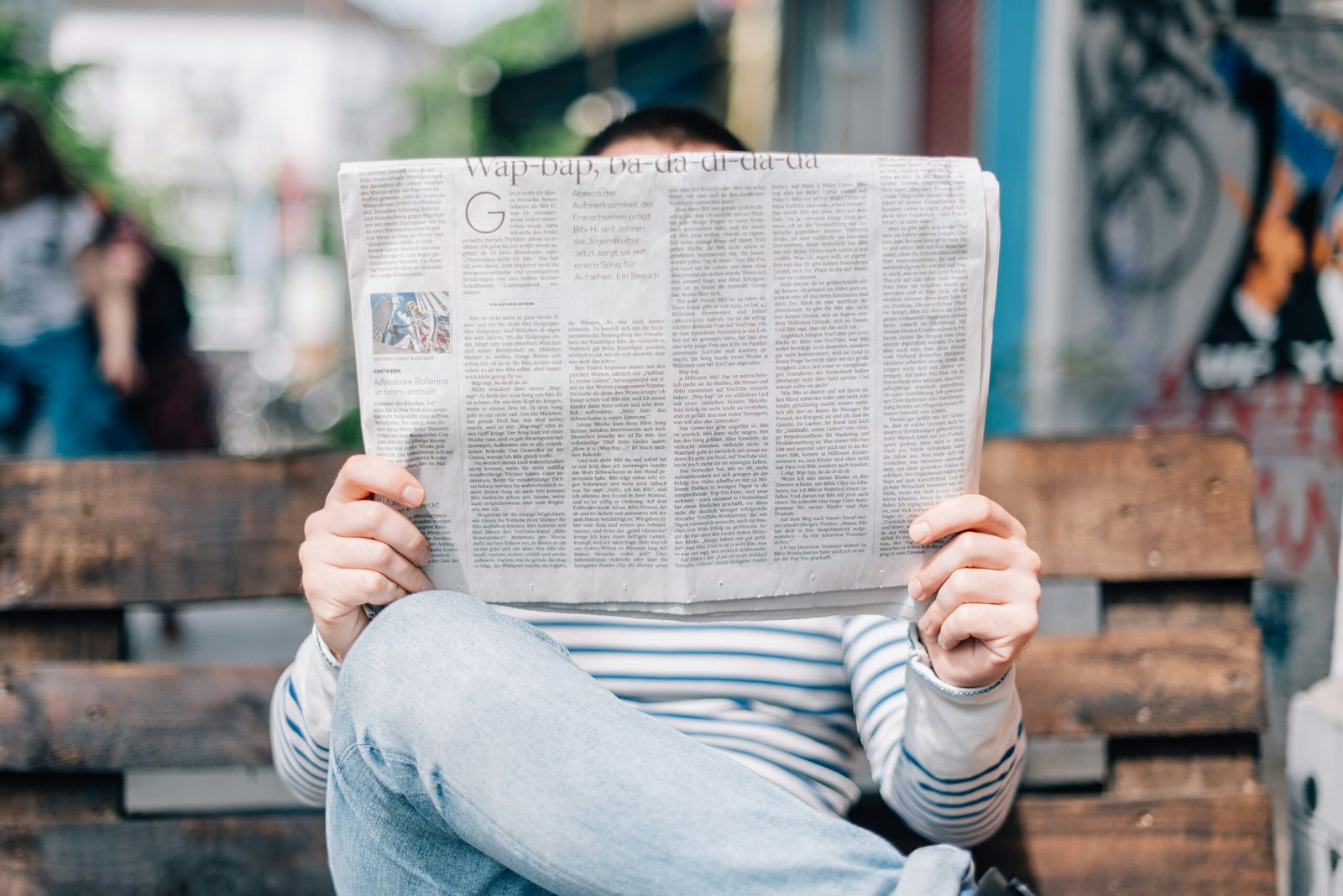
Background on the Incident
LaMelo Ball, the rising star of the Charlotte Hornets, recently found himself at the center of controversy following a post-game interview after his team’s matchup against the Milwaukee Bucks. During this interview, Ball made comments that included an anti-gay slur, which quickly drew attention and ire from various sectors of the basketball community, fans, and the media alike. The words he used sparked outrage not only due to their derogatory nature, but also because they are counterproductive to the NBA’s ongoing efforts to promote inclusivity and respect among players and fans.
In a swift response to the incident, the National Basketball Association (NBA) took decisive action by imposing a $100,000 fine on Ball. The league emphasized its commitment to maintaining a respectful and inclusive environment, denouncing any form of hate speech or discrimination. This fine serves not only as a penalty for Ball’s unthoughtful remarks but also as a warning to other players regarding the significance of their words and actions off the court.
More information Terry Bradshaw’s Final Lombardi Trophy Presentation: A Critical Perspective as Super Bowl LIX Approaches
Terry Bradshaw’s Final Lombardi Trophy Presentation: A Critical Perspective as Super Bowl LIX ApproachesThe backlash from fans was immediate and intense, with many expressing their disappointment and frustration on social media platforms. Media outlets also condemned Ball’s remarks, illustrating a clear stance against homophobia in sports. Various LGBTQ+ advocacy groups and basketball commentators called for Ball to engage in educational initiatives aimed at promoting acceptance within the sport. This incident has underscored a larger dialogue about the responsibility of athletes as public figures and the potential impact of their words on the wider community.
As a result of this controversy, LaMelo Ball’s comments and the NBA’s reaction have ignited a broader conversation about the intersection of sports and social issues, highlighting the importance of fostering an environment free from discrimination and hate. The implications of this incident will likely resonate within the basketball community as the NBA continues its push for equality and respect.
LaMelo Ball’s Response
LaMelo Ball, the talented point guard for the Charlotte Hornets, recently found himself at the center of controversy following comments that led to a significant fine from the NBA. In the aftermath, Ball took to various platforms to clarify his position and express his sentiments regarding the criticism he received. “I never intended to disrespect anyone,” he stated, emphasizing that his remarks were misconstrued. His efforts to communicate remorse were evident in his public statements, where he elaborated on the importance of choosing words carefully. He highlighted that, as a public figure, he recognizes the weight his words carry and the responsibility that comes with them.
More information Tristan Thompson’s Controversial Dunk: A Breakdown of Reactions and Implications
Tristan Thompson’s Controversial Dunk: A Breakdown of Reactions and ImplicationsIn his subsequent statements, LaMelo expressed a deep understanding of the impact language can have on marginalized communities, particularly the LGBTQ+ community. “Words matter, and I fully acknowledge that. I want to ensure that my actions, and my words, foster an atmosphere of inclusivity,” he remarked passionately. His comments reflect a broader awareness within the sports world regarding the necessity of promoting inclusion and understanding. LaMelo underscored that every athlete has a role in making sports a welcoming environment for everyone, regardless of their background or identity.
Furthermore, he took the opportunity to reaffirm his commitment to supporting the LGBTQ+ community. “I stand by everyone who fights for their rights,” he stated with conviction, underscoring the importance of solidarity in personal and professional arenas. This incident has not only opened a dialogue around his comments but has also prompted broader discussions about inclusivity in sports. As LaMelo Ball continues to navigate the complexities of his public persona, his responses have highlighted a desire to learn and grow, marking him as a player committed to better understanding his influence within the community.
Reactions from the Community and Media
LaMelo Ball’s recent comments, coupled with the NBA’s subsequent decision to impose a fine, have sparked a polarizing reaction from various segments of the community and media. LGBTQ+ organizations have been particularly vocal, emphasizing the importance of language and the responsibilities that accompany a public platform. Many advocates have stated that comments made by figures like Ball can perpetuate harmful stereotypes and contribute to a culture of intolerance. Consequently, they have called for greater accountability and sensitivity, urging athletes to consider the impact of their words on marginalized groups.
On the other hand, some fans and commentators have expressed support for Ball, arguing that the reaction to his remarks may have been overly harsh. Supporters feel that, while it is essential to promote inclusivity, there must also be room for growth and forgiveness. They argue that young athletes, such as Ball, are still learning the intricacies of public discourse and should be given the opportunity to improve without facing severe backlash. This sentiment reflects a broader debate within society regarding the balance between holding individuals accountable and allowing for personal development.
In addition, sports commentators have weighed in on the controversy by highlighting the role of the NBA in mediating cultural conversations. Some have asserted that the league’s immediate response is indicative of a larger commitment to promoting a more inclusive atmosphere within sports. This reaction showcases the NBA’s recognition of its influence and responsibility in shaping societal views on language and behavior. However, others contend that the fine could create an environment where players may feel stifled in expressing themselves, thus complicating the dialogue surrounding accountability and freedom of speech in sports.
Implications for Future Conduct in the NBA
The recent comments made by LaMelo Ball, coupled with the subsequent fine imposed by the NBA, serve as a critical case study for the league’s stance on hate speech and discrimination. The NBA has long been regarded as a progressive organization that emphasizes equality and respect on and off the court. Incidents involving controversial remarks from players have drawn significant attention, leading to discussions about accountability and the professional conduct expected from athletes. Ball’s situation reflects the delicate balance the NBA seeks to maintain as it navigates issues of free speech versus the responsibility of public figures to act as role models.
Historically, the NBA has taken a firm stance against hate speech, implementing policies designed to foster a respectful environment within the league. Previous incidents involving notable players have resulted in fines, suspensions, or mandated sensitivity training, signaling that the league is prepared to impose consequences for behavior deemed unacceptable. Such measures underscore the NBA’s commitment to upholding its core values, aiming to eradicate discrimination and promote inclusivity. The implications for LaMelo Ball, given his status as a rising star, cannot be underestimated; moving forward, both he and his peers will likely face heightened scrutiny regarding their public statements.
Moreover, the incident has sparked a broader dialogue on the expectations placed upon athletes as role models. Fans often look to players like Ball to embody values beyond athletic excellence, which complicates their public persona. There is an increasing awareness that professional athletes can wield significant influence, which adds pressure to refrain from making comments that could be misconstrued or cause harm. In light of these dynamics, the expectations for future conduct in the NBA will likely evolve, ensuring that players recognize and uphold the impact their words can have on society at large.

